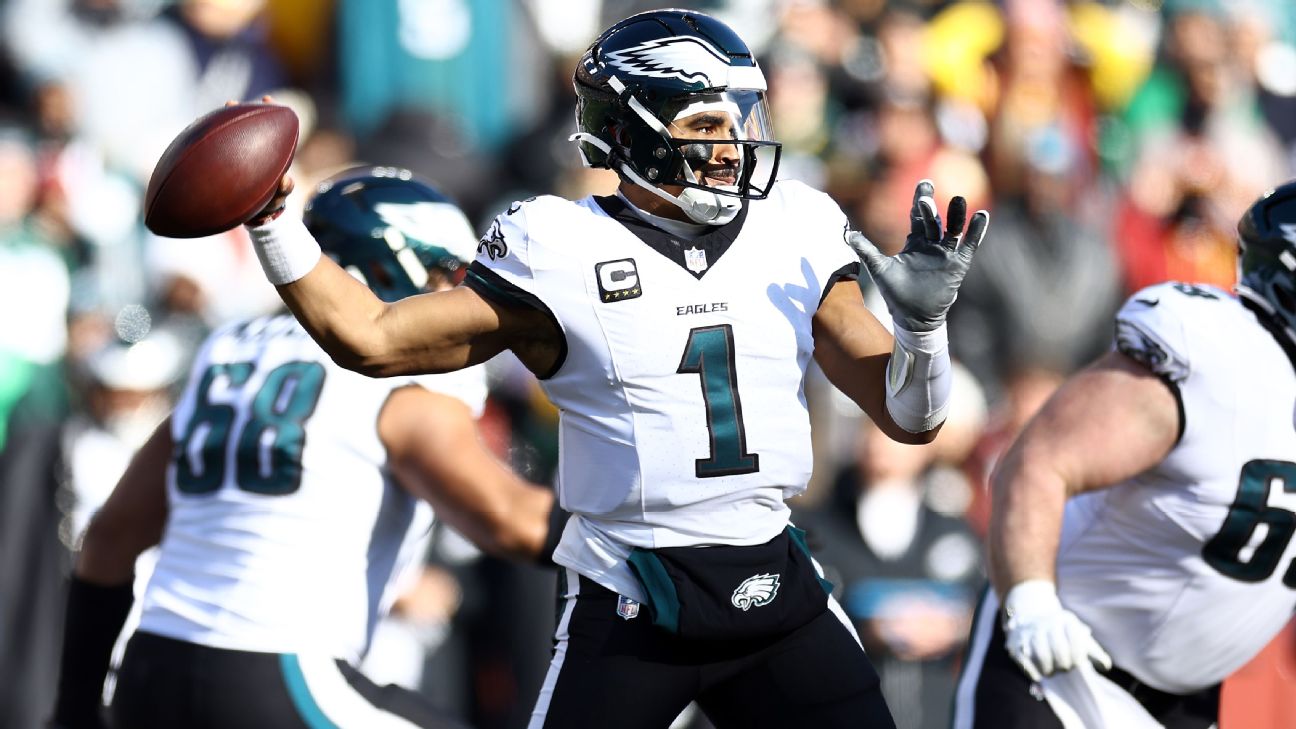Trump Seeks to Block Release of Trump University Testimony

SAN DIEGO -- A federal judge who has been a target of Donald Trump's unending scorn must decide whether to release videos of the presumed Republican presidential nominee testifying in a lawsuit about the now-defunct Trump University — images that Trump's attorneys worry will be used to tarnish the campaign.
U.S. District Judge Gonzalo Curiel faces Trump's attorneys Wednesday for the first time since he permitted the release of unrelated documents in a class-action lawsuit alleging fraud, a move that led Trump to intensify his unusual attacks on the judge that included mention of his Mexican heritage.
The lawsuits allege that Trump University, which wasn't accredited as a school, gave seminars and classes across the country that were like infomericals, constantly pressuring students to spend up to $35,000 for mentorships and, in the end, failing on its promise to teach success in real estate.
News organizations want full transcripts and video of Trump testifying at an all-day deposition Dec. 10 at his New York office and for three hours on Jan. 21 in a Las Vegas law office. Nearly all transcripts have been released and Trump's attorneys said last month that they won't oppose unsealing the remaining pieces.
The big battle is over video, which Trump's attorneys don't want to see sliced and diced in campaign attack ads.
"The near certainty that the video depositions would be used for political purposes — having nothing to do with the merits of this litigation — only underscores the court's duty to prevent misuse of these judicial proceedings," Trump's attorneys wrote.
They argue that Curiel should follow another judge in a lawsuit involving Hillary Clinton's email practices. U.S. District Judge Emmet Sullivan in the District of Columbia has allowed the release of deposition transcripts but no video. He sided with lawyers for Clinton aide Cheryl Mills, who said "snippets or soundbites of the deposition may be publicized in a way that exploits Ms. Mills' image and voice in an unfair and misleading manner."
News organizations argue that the public has a right to the complete record, given how Trump has touted his business acumen and questions that the lawsuits have raised.
Lawyers representing Trump University's former customers say the videos present "a more complete picture" than the transcripts.
Trump's tone, facial expressions, gestures and body language show "complete and utter unfamiliarity" with Trump University's instructors and instruction, despite the business mogul's previous statements that he was extensively involved, the attorneys wrote. They said Trump also made "many spontaneous and ad hominem remarks that are not reflected in the paper transcript of his depositions."
In portions of Trump's testimony that have been released, he acknowledged that he plays on people's fantasies. He is also pressed on blog posts in 2008 that Bill Clinton was a great president and Hillary Clinton would make a great president or vice president. Of his praise for Hillary Clinton, he said, "I didn't give it a lot of thought, because I was in business."
An adverse ruling for Trump may test his pledge in early June to avoid talking about the case and the judge.
Trump called Curiel "a very hostile judge" and a "hater of Donald Trump" in an 11-minute attack at a San Diego rally on May 27. Later he said the Indiana-born judge's Mexican heritage and membership in a Latino lawyers association posed a conflict with Trump's positions on illegal immigration and promise to build a wall on the Mexican border.
———
What political news is the world searching for on Google and talking about on Twitter? Find out via AP's Election Buzz interactive. http://elections.ap.org/buzz






